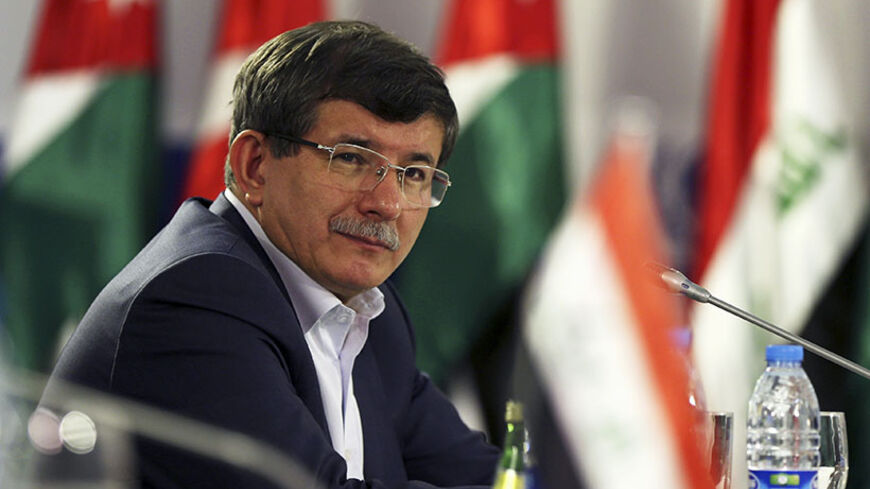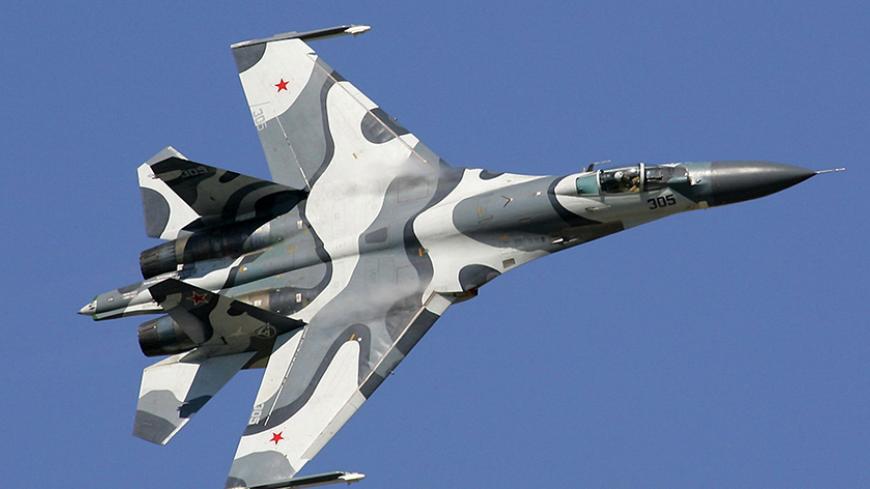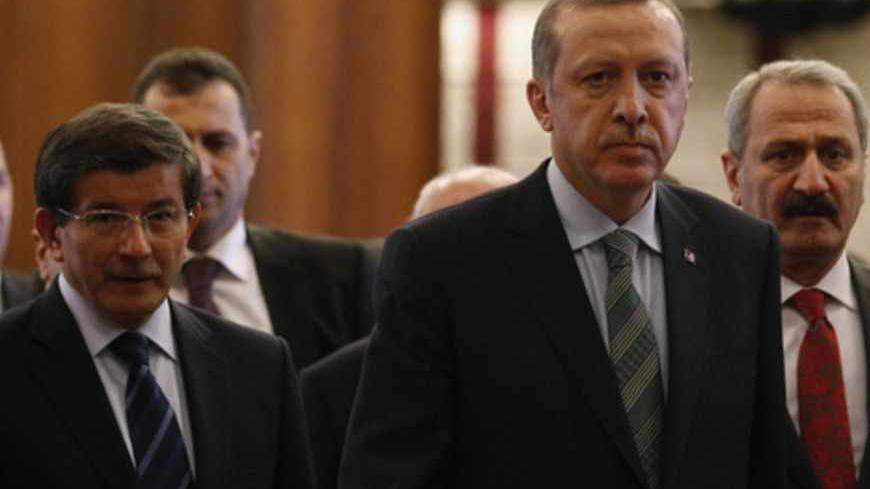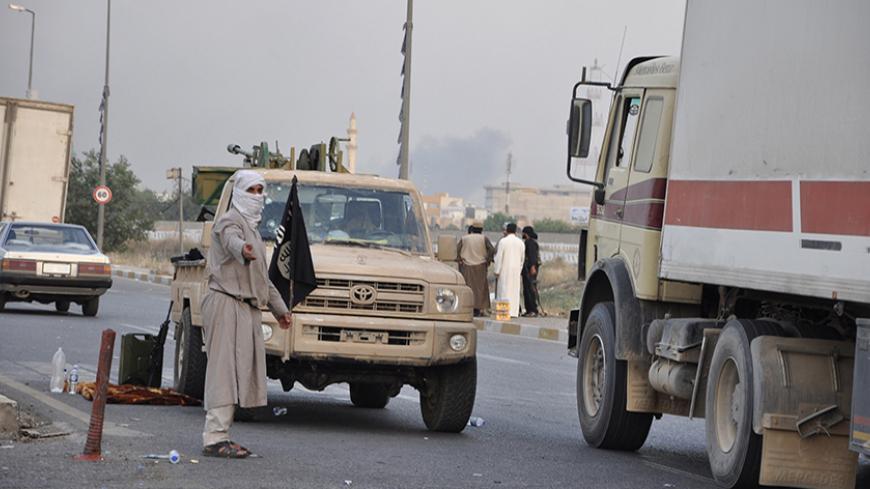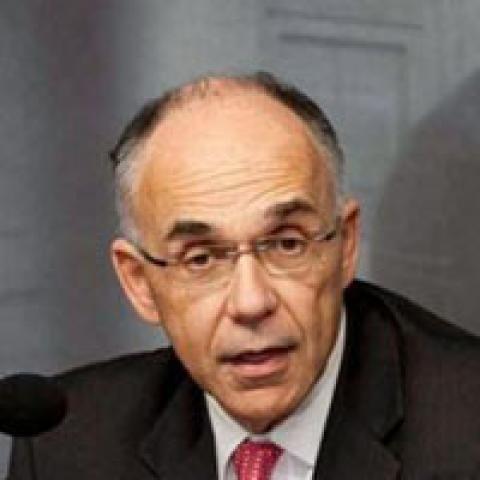Davutoglu faces uneasy relationship with Assad
Ahmet Davutoglu declared two years ago in his role as foreign minister that he would rather resign than shake Bashar al-Assad’s hand; he now has to find a way to coexist with Syria.

Turkish President-elect Recep Tayyip Erdogan, when announcing his successor as prime minister and chairman of the ruling Justice and Development Party (AKP) would be Foreign Minister Ahmet Davutoglu, spoke about how this move would affect Turkish foreign policy.
“With our decision, we are showing how much we seek peace and solidarity in our region and in the world. Davutoglu, who has attached priority to conscience elements of foreign policy, will now defend that even more forcefully at national and global levels.”



